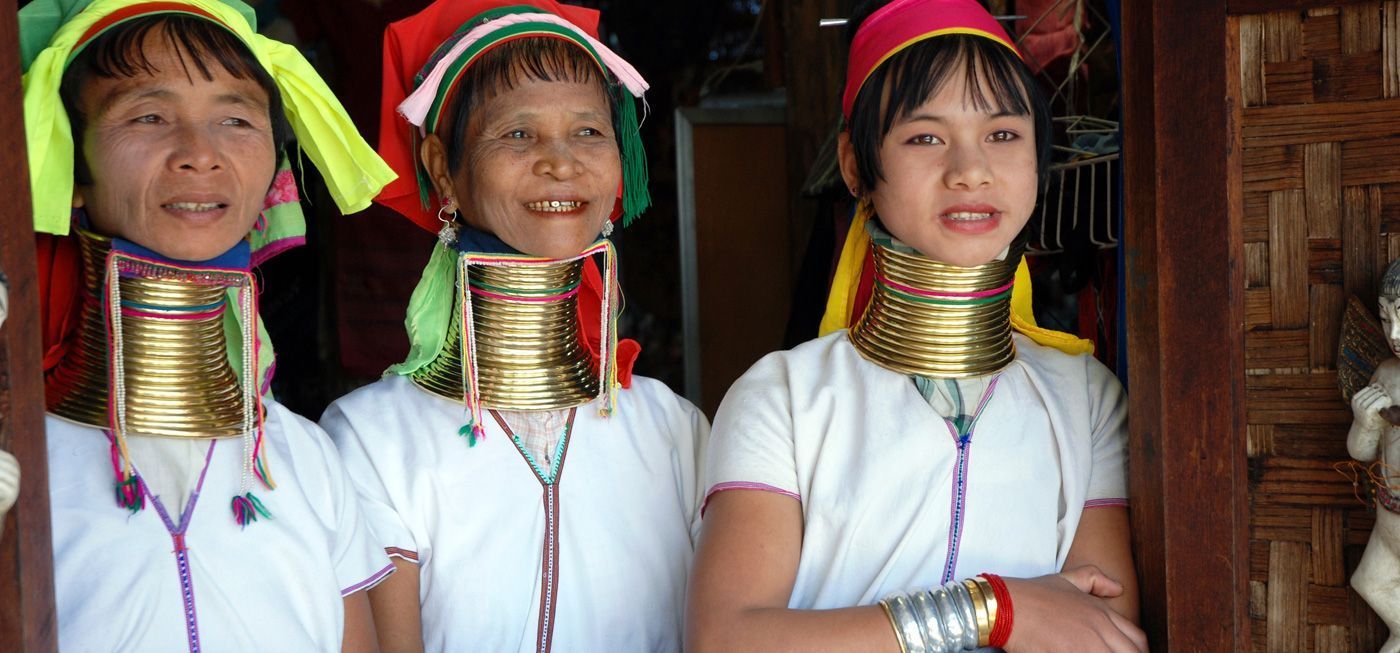From jumping over babies to rolling a cheese down a hill, every culture has its own unique traditions and rituals. In this article, we take a look at ten of the weirdest traditions from around the world. These include the Baby Jumping Festival in Spain, the Festival of the Steel Phallus in Japan, and the Day of Ashura in the Middle East. While some of these traditions may seem odd to outsiders, they hold deep meaning and significance to the communities that practice them. By understanding and respecting different cultures and traditions, we can promote tolerance and acceptance.
10 Weird Traditions and Rituals From Around the World
Every culture and society has its own unique traditions and rituals that are passed down from generation to generation. Some of them are fascinating, others are horrifying, and some are just flat-out strange. Here are ten weird traditions and rituals that are practiced around the world:
1. Baby Jumping Festival, Spain
Every year in the northern Spanish village of Castrillo de Murcia, babies born in the previous twelve months are laid on a mattress in the street. Then, men dressed as the devil jump over them. The tradition is believed to cleanse the babies of sin and protect them from illness and evil spirits. Fortunately, no babies have ever been hurt in the 400-year-old tradition.
2. Kanamara Matsuri Festival, Japan
The Kanamara Matsuri Festival, or the “Festival of the Steel Phallus,” is held annually in Kawasaki, Japan. People gather to celebrate the male organ, and attendees can buy phallic-shaped candies and souvenirs. The festival is said to have originated as a way to pray for fertility and protection against sexually transmitted diseases.
3. Famadihana, Madagascar
Famadihana, which means “turning of the bones,” is a ritual of the Malagasy people of Madagascar. Every seven years, the family exhumes the body of a deceased loved one, wraps it in new cloth, and dances with it around the tomb. It is believed that Famadihana helps the ancestors transition to the afterlife and brings good luck to the living.
4. Thaipusam, India
Thaipusam is a Hindu festival that is celebrated in India, Malaysia, Singapore, and Mauritius. Devotees will pierce their bodies with hooks and skewers as a way to show devotion to Lord Murugan, the god of war. The piercings are believed to be a way to transfer the devotee’s pain to Lord Murugan, and participants will often enter a trance-like state during the ritual.
5. The Day of Ashura, Middle East
The Day of Ashura is a Muslim holiday that is observed in the Middle East. On this day, Shia Muslims practice self-flagellation with chains and blades to mourn the martyrdom of the grandson of the Prophet Muhammad. The practice is controversial, with many Muslim leaders condemning it as un-Islamic.
6. Hikikomori, Japan
Hikikomori is a phenomenon in Japan where young people withdraw from society and shut themselves in their rooms for months or even years. It is estimated that there are around 700,000 Hikikomori in Japan. The causes of the condition are debated, but it is believed to be linked to intense pressure to succeed academically and socially in Japanese culture.
7. Cheese-Rolling Festival, England
Every year in Gloucestershire, England, locals participate in the Cheese-Rolling Festival. The event involves rolling a 9-pound wheel of cheese down a hill, and participants race after it. The first person to cross the finish line wins the cheese. The festival has been criticized for being dangerous, with many participants suffering injuries.
8. Walking on Fire, Polynesia
Firewalking is a ritual that is practiced in many cultures around the world, but it is especially significant in Polynesia. Participants walk across a bed of hot coals, and it is believed to be a way to demonstrate faith and purify the soul. The ritual is often performed by tourists, but it is also an important part of many Polynesian cultures.
9. La Tomatina, Spain
La Tomatina is a festival that is held every year in Buñol, Spain. Participants throw tomatoes at each other in a massive food fight. The festival began in 1945 when a group of young adults started throwing tomatoes at each other during a parade. The festival has since grown in size, with over 20,000 people attending each year.
10. The Running of the Bulls, Spain
The Running of the Bulls is one of the most famous traditions in Spain. Every year during the Festival of San Fermín in Pamplona, bulls are released into the streets, and participants run ahead of them. The event has led to numerous injuries and deaths over the years and has been criticized by animal rights activists.
Conclusion
These ten traditions and rituals give insight into the diversity of human cultures and the ways that we express our beliefs and values. While some may seem bizarre or even dangerous to outsiders, they are deeply meaningful to the communities that practice them. Understanding and respecting different cultures and traditions can help build bridges between people and promote tolerance and acceptance.
